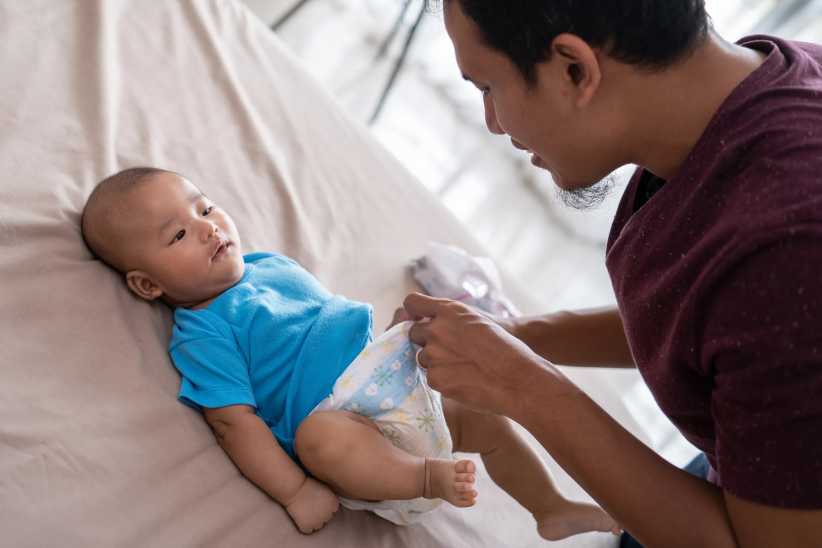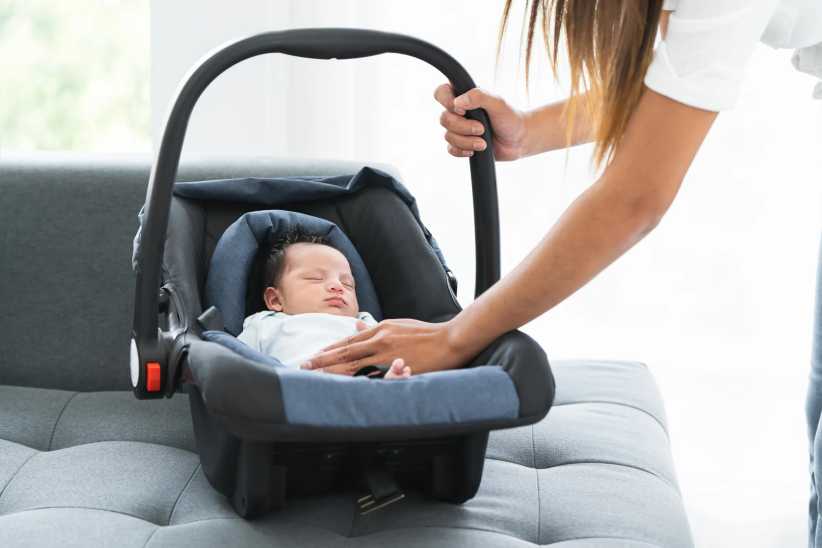 You shouldn’t have to choose between your job and your family. But sometimes it can be really hard for pregnant employees when it comes to pregnancy discrimination and maternity leave. Various local and nationwide initiatives have come together to give working parents more legal protection when it comes to family rights.
You shouldn’t have to choose between your job and your family. But sometimes it can be really hard for pregnant employees when it comes to pregnancy discrimination and maternity leave. Various local and nationwide initiatives have come together to give working parents more legal protection when it comes to family rights.
In 1993, the Family and Medical Leave Act was signed into law by President Clinton and served as a major step in ensuring that employees were guaranteed basic family rights. The act allows employees that have worked for a company for twelve months to take up to twelve weeks of leave in cases of child birth or adoption, as well as other medical issues. The act also includes the promise of being able to return to their previous position or an equivalent one after the leave period is up.
While this is a major step in making sure women’s careers aren’t put in jeopardy if they become pregnant, the act only involves unpaid medical leave. There are no nationwide regulations asking for companies to offer paid leave for pregnant women. Some states such as New Jersey and California allow employees up to six weeks of paid leave in case of childbirth or serious medical situations.
New York, on the other hand, caps maternity leave at $170 a week, regardless of how much the employee makes or how long they have worked at the company. With the current economy, parents need every penny to make ends meet, especially if they are welcoming a new child into the family.
Organizations like the National Partnership for Women and Families are working to add the United States to the long list of countries that legally offer paid maternity (and paternity!) leave for employees across the country. Countries like Canada, England, and Mexico all mandate paid maternity leave for different periods of time ranging from 12 weeks to 50 weeks.
Other issues facing pregnant women are discrimination and lack of accommodation at the workplace. New York City made a big advancement this past fall in combating pregnancy discrimination with the NYC Pregnant Workers Fairness Act that was signed into law by former Mayor Bloomberg. The act makes sure that employers offer proper accommodations to pregnant women or any employee facing any childbirth-related medical situations.
What does this mean? It means that a pregnant cashier is entitled to ask for a chair so she can sit down when she is tired. Or it can allow a pregnant retail worker to ask that her employer not give her any jobs involving heavy lifting. It can even help many women work from home if their doctor has recommended bed rest for their pregnancy. These are all situations that the NYC Pregnant Workers Fairness Act protects.
While this may seem like common sense to most people, there have been many cases of pregnant employees not being given accommodations at work. The National Women’s Law Center has collected various stories over the years of women whose pregnancies ended in miscarriage or involved other complications due to work conditions. The act will be the first time that working women have the legal support in face of pregnancy discrimination.
NYC has made this major move, but there has yet to be a nationwide law that helps employees combat pregnancy discrimination or ensure paid medical leave so that families do not have to choose their job over their families.
There is still a long road ahead for working men and women when it comes to balancing your job and your family. Statewide and nationwide regulations on paid maternity leave and assured accommodations for pregnant women have yet to be passed, but are still in the works. Stay tuned.



























